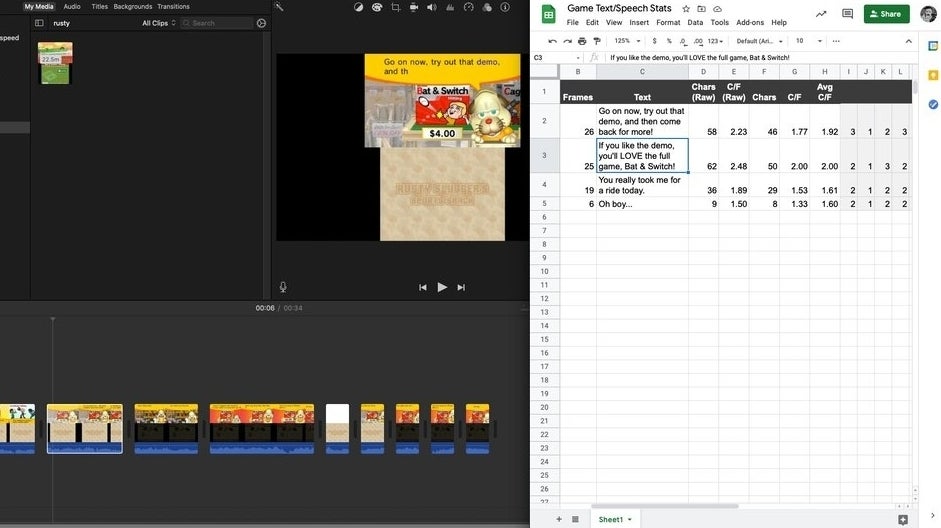You’ll know the dictum, I’m sure, that says something about good artists borrowing while great ones steal, but isn’t the truth simply that everyone’s at it? How else to learn your craft without imitating one of the masters, learning what makes them tick and seeing if you can replicate some of that magic yourself?
Very Very Valet
- Publisher: Toyful
- Developer: Toyful
- Availability: Out now on Switch
That’s the edict behind a lot of Toyful Games’ design decisions, and you can see it manifest beautifully in the studio’s debut game Very Very Valet. A cartoonish action game that tilts towards chaotic multiplayer, it’s dimly reminiscent of Overcooked at first glance, but such are the details it quickly blossoms into its own. There are bits of Crazy Taxi in your mad dash from car park to customer – and Crazy Taxi is an all-time fave of the Toyful team – a touch of Halo’s warthog in the esoteric, elastic and ultimately immensely enjoyable handling of the vehicles.
Perhaps the biggest surprise is that Very Very Valet is fundamentally the work of just two devs, both of whom met at Disney while working together on mobile gem Where’s My Water – Tim Fitzpatrick (the talent behind early iOS delight Jellycar) and Chad Cable. What’s not so much a surprise, though, is that they’re both players with impeccable taste in games, as is born out in all the little touches lifted or lightly borrowed from elsewhere in Very Very Valet. It’s those details that make this feel like the work of a much bigger team, and it’s an incredibly polished thing in the hand.
Put some of that down to the covers the pair have done in the past, as they unlocked the secrets of what made other games tick. “The analogy is like with any craft based position, like music, you start by picking up guitar and learning your favourite songs,” says Chad. “You start to see how they work, but it doesn’t mean you’ll become a cover band. But certainly you learned so much along the way when it comes to technique. And so we felt in games, you don’t really do that, or no one really asks you to. There’s all this stuff that we can learn just from really digging into specific parts of games, to see how they work, and the most elegant solutions oftentimes are the ones you don’t notice.”
